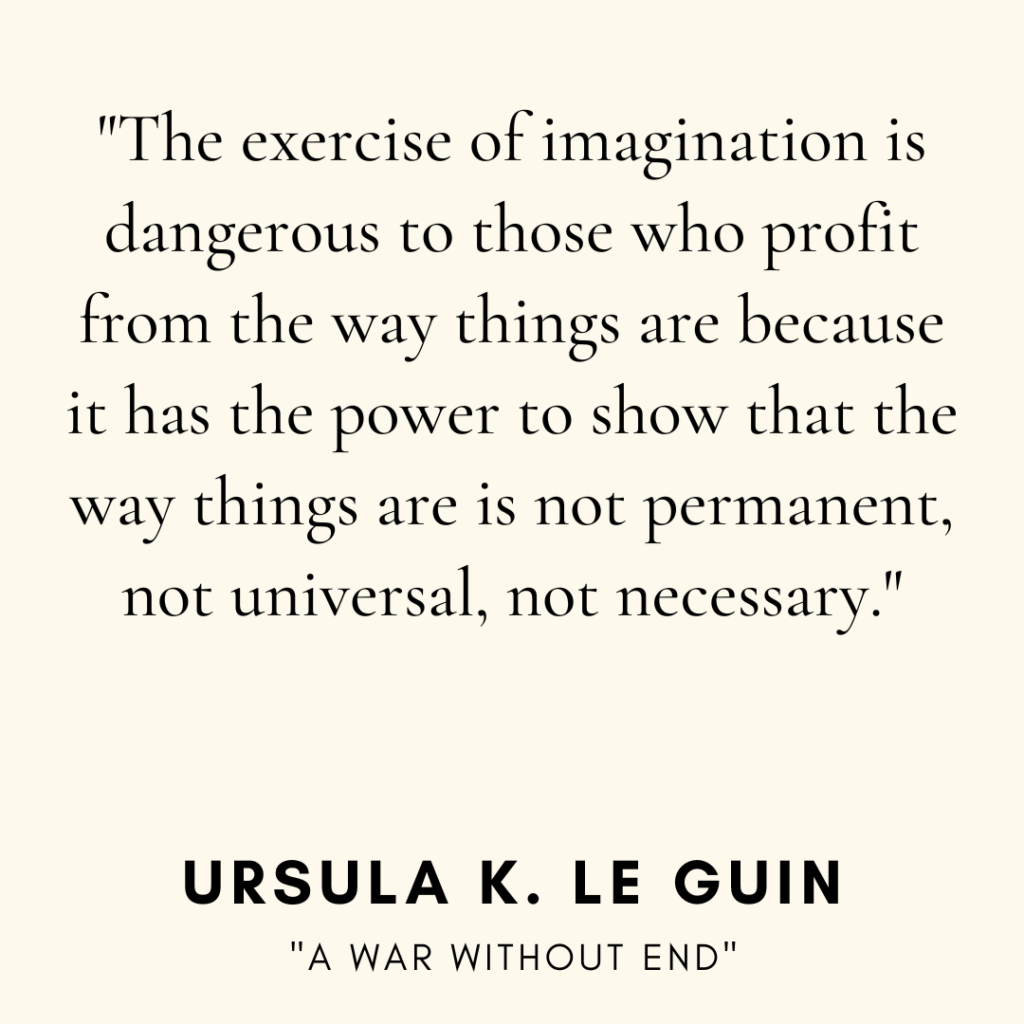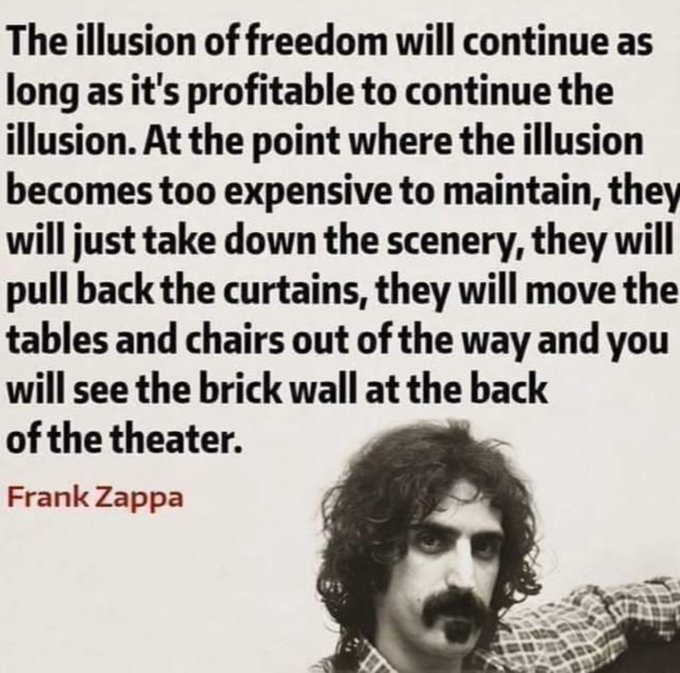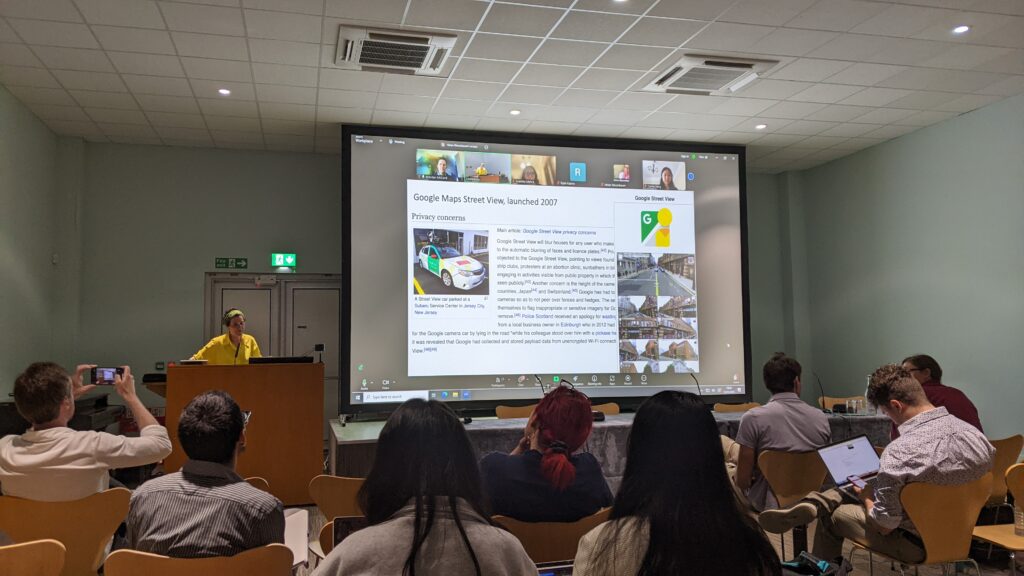Ten years ago, I remember being told, often condescendingly, with smug certainty, that hosting in the cloud was the future. That what I was working on, #DIY grassroots self and community hosted tech was the dinosaur, a dead end, old obsolete thinking, out of touch. Despite spending years pointing out the obvious flaws in this pushing, for this I got only that my “native” path was irrelevant, for Luddites, they said. Legacy thinking, dead tech walking.
Well, here we are, a decade later. And guess what the cloud: It was expensive, less performant, less secure, and a gateway to increasingly exploitative pricing models. This isn’t hindsight bias, the warning signs were always there. But many #fahernista and #geekproblem people get caught up in the glossy surface and tech hype mess, repeating the same mistake we’ve made across generations of #geekproblem tech, believing scale and #PR buzzwords were synonymous with progress.
Let’s now be clear on what actually happened.
- We handed over infrastructure to a handful of giant platforms that lock us in and bleed us dry.
- We lost resilience, sovereignty, and basic control over our own data.
- We normalized rent-seeking as a business model.
- We pushed decentralization off a cliff and called it “abstraction.”
Meanwhile, local compute got cheaper, storage exploded in affordability, bandwidth costs continued to fall, #dotcons threats increased. And guess what? Running things locally started making sense again, just like it always does when the #PR smoke clears and mess composts.
The lesson, which we need to now bring to #crypto and #AI, just because something is fashionable doesn’t make it in any way real or sustainable. That tech #PR hype cycles aren’t innovation, they’re marketing. And when you stop looking at the core trends (cost, control, resilience) and just ride the buzz, you’ll end up where we are now, mess, bloated budgets, shrinking trust, and a growing #techshit pile to clean up.
We need to re-learn the value of #KISS grounded thinking, to remember that local, #4opens, transparent, and interoperable #openweb systems aren’t retro, they’re essential. This isn’t about nostalgia for the old paths, It’s about having power over our basic infrastructure again. The cloud, at the time and in looking over our shoulders, was smoke and mirrors, a detour, it’s now past time to get back on the real progressive #Fediverse path.







